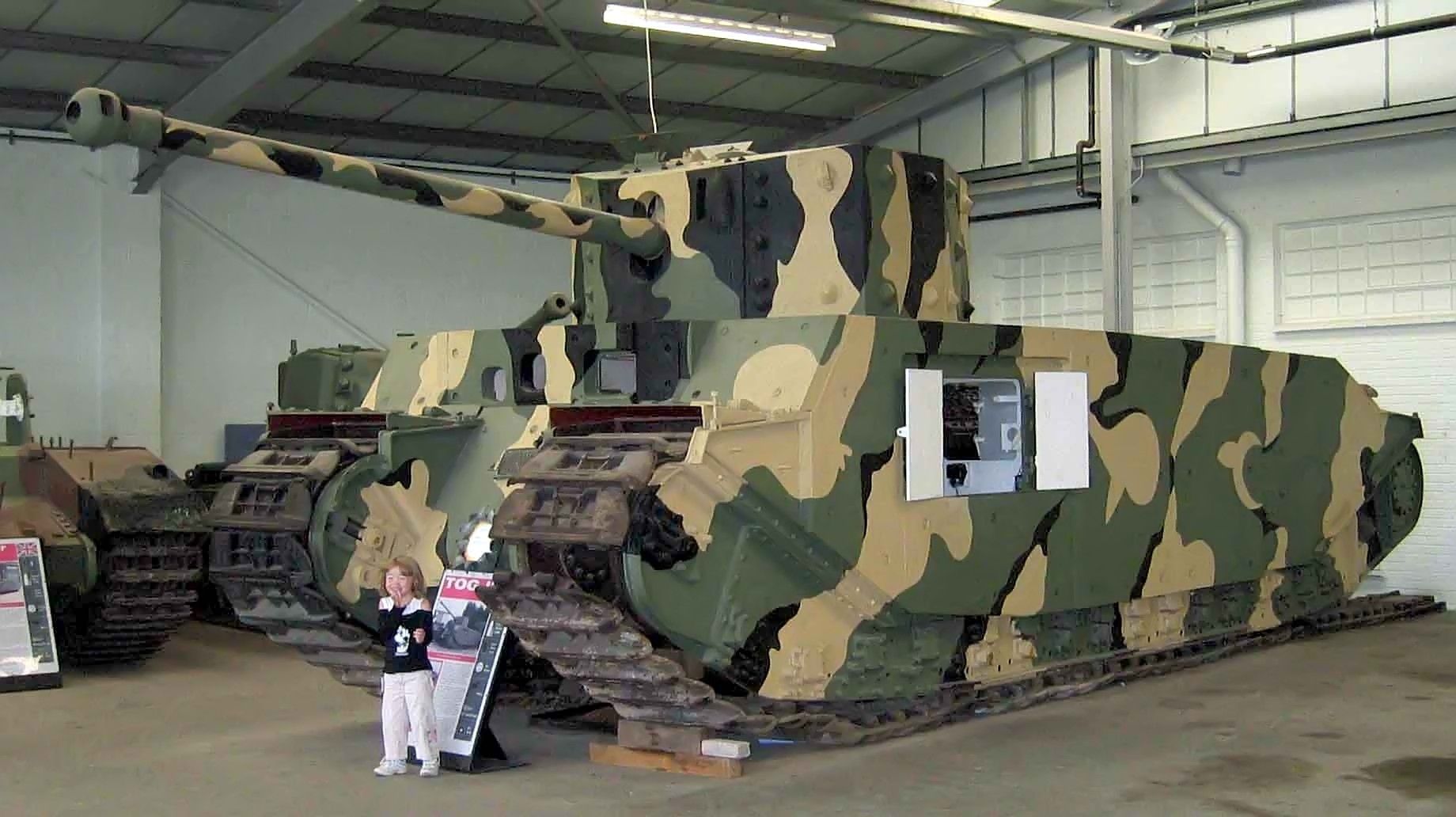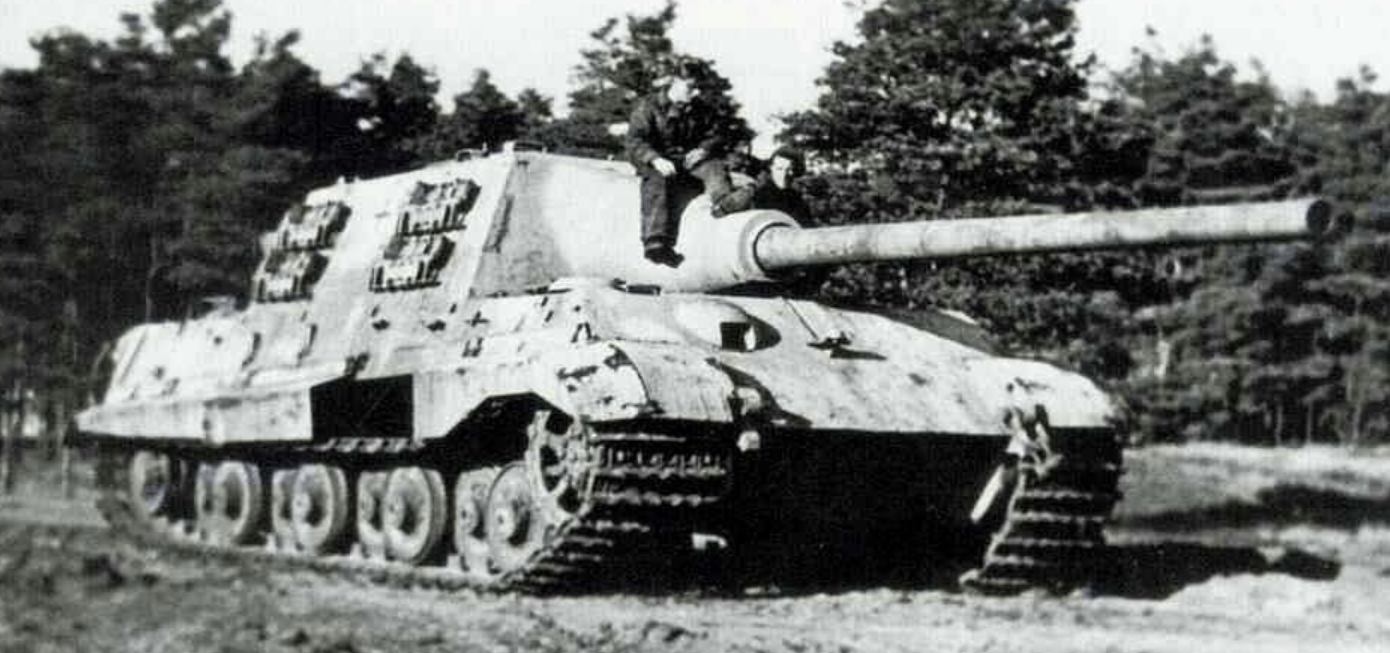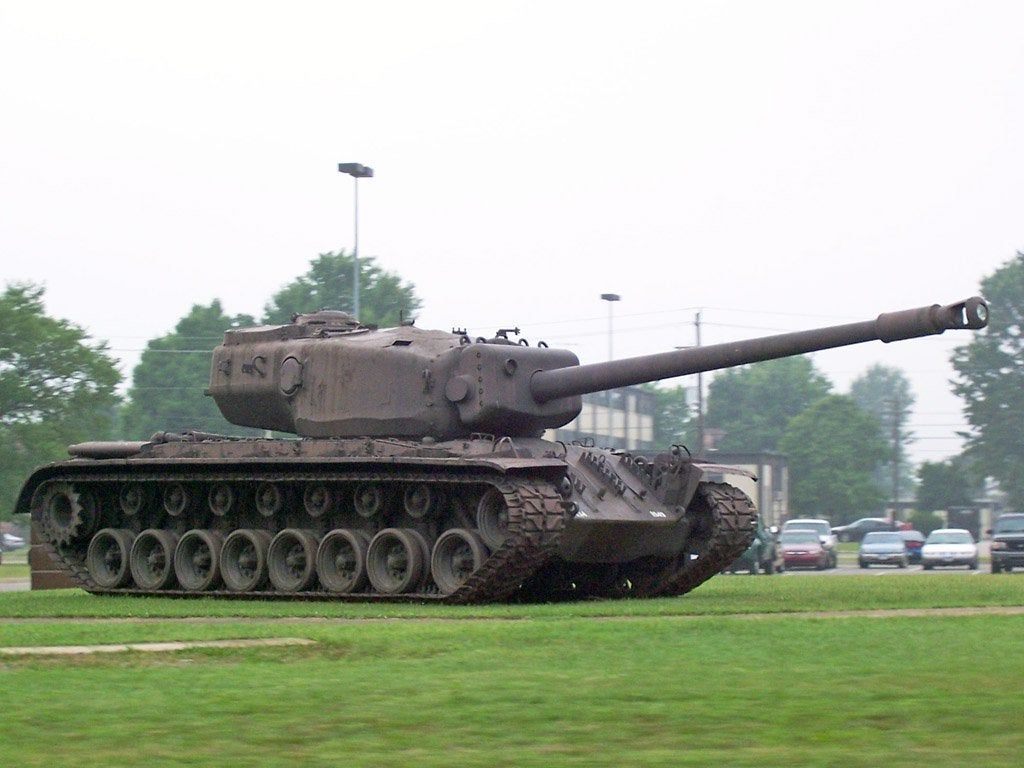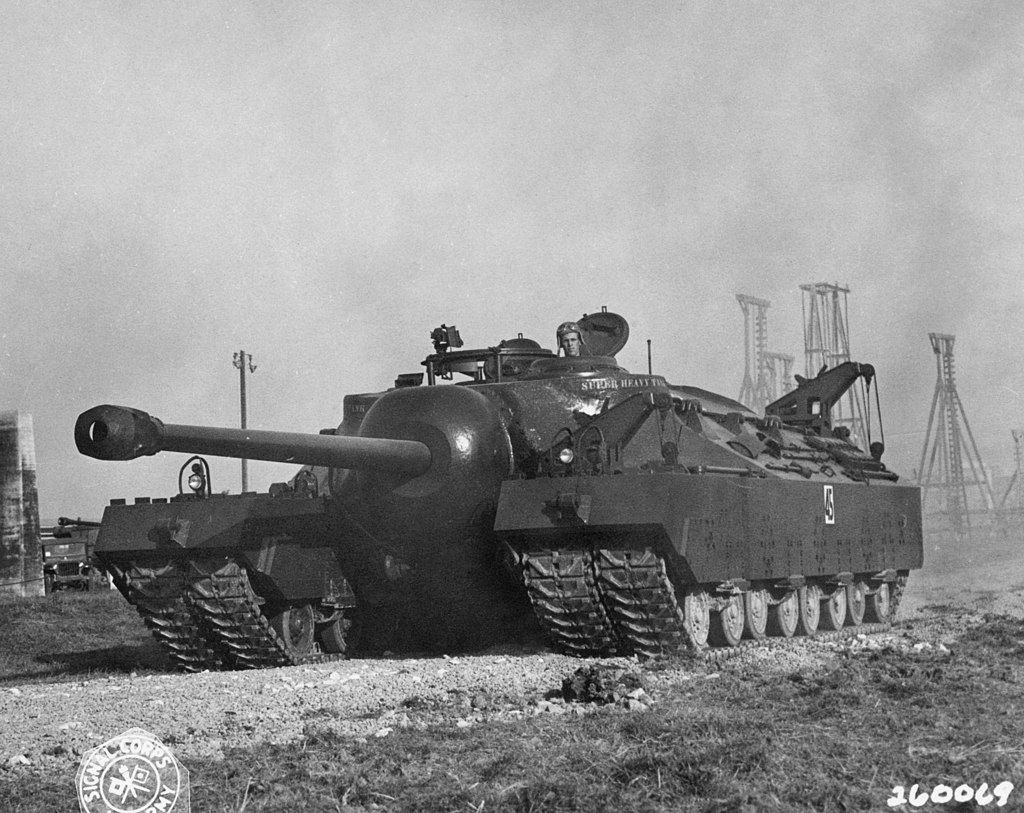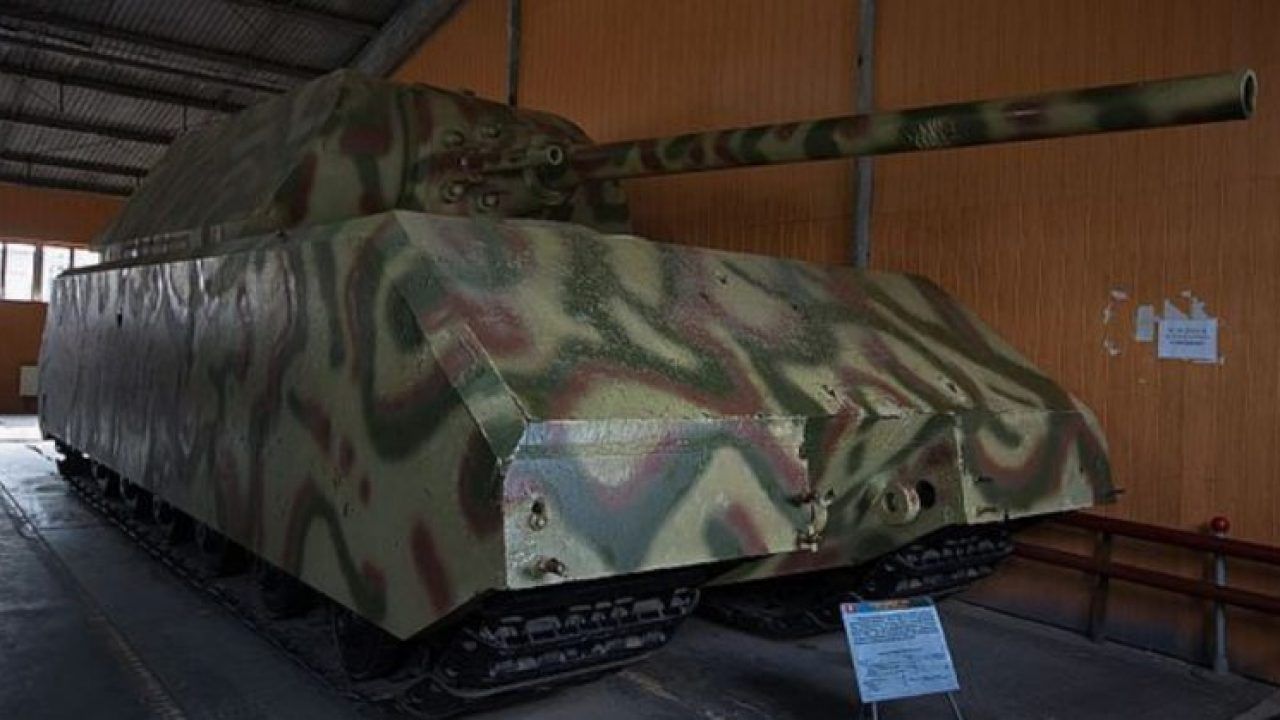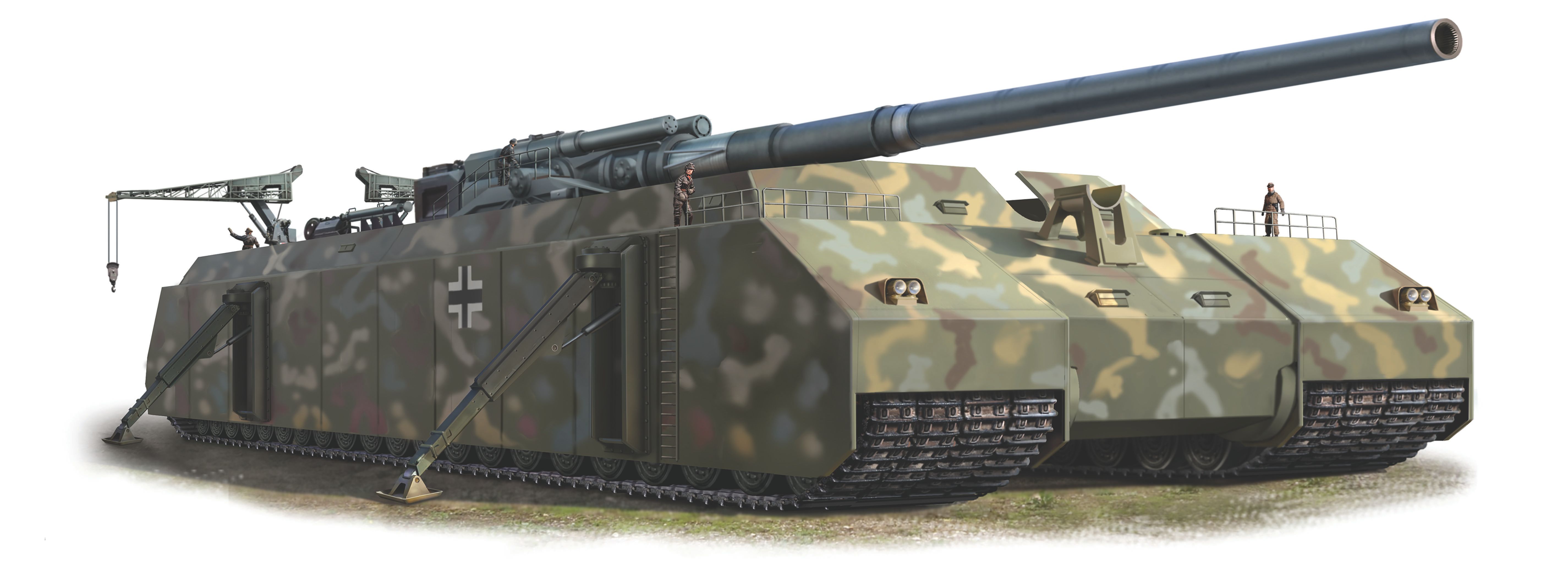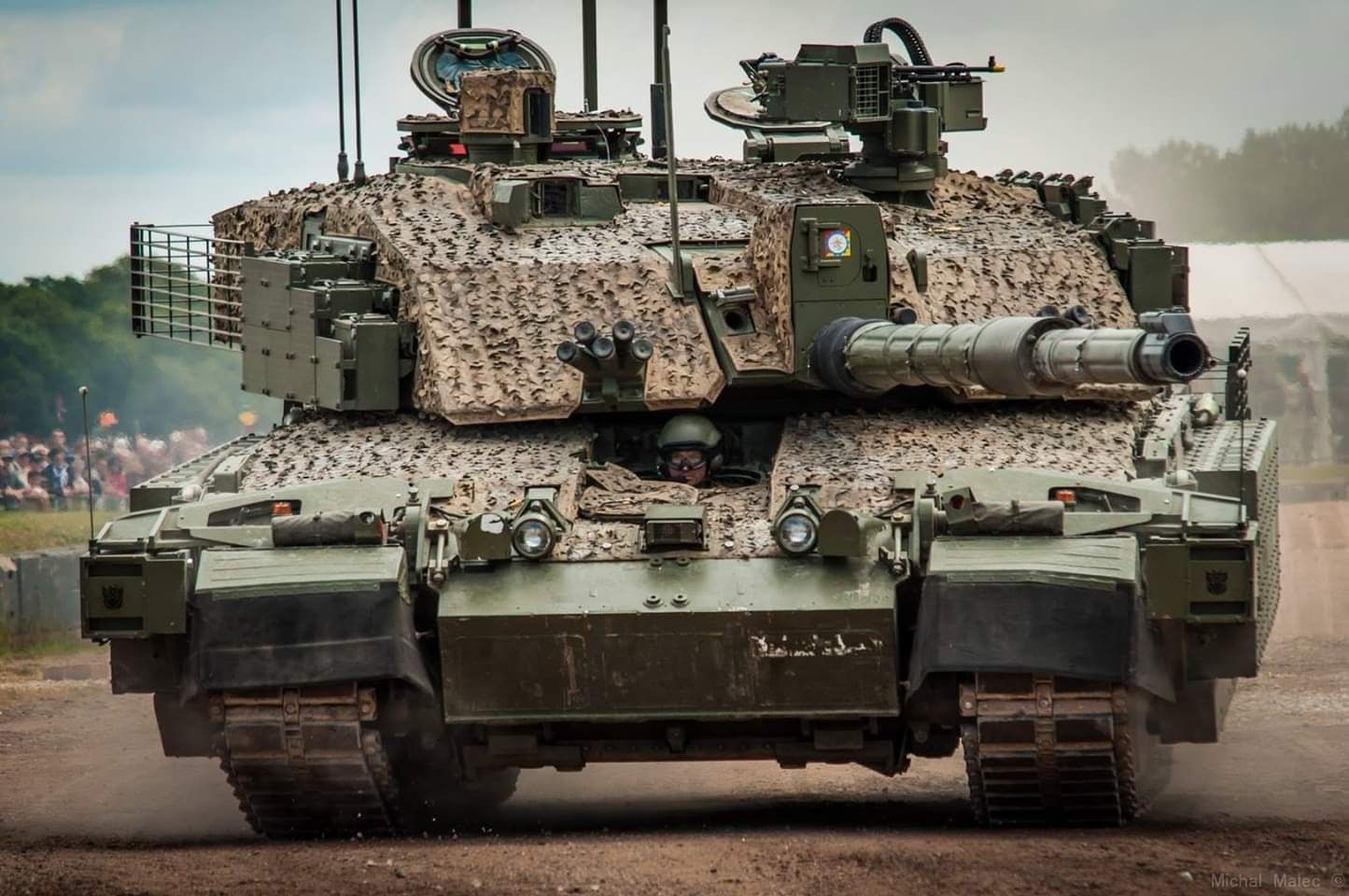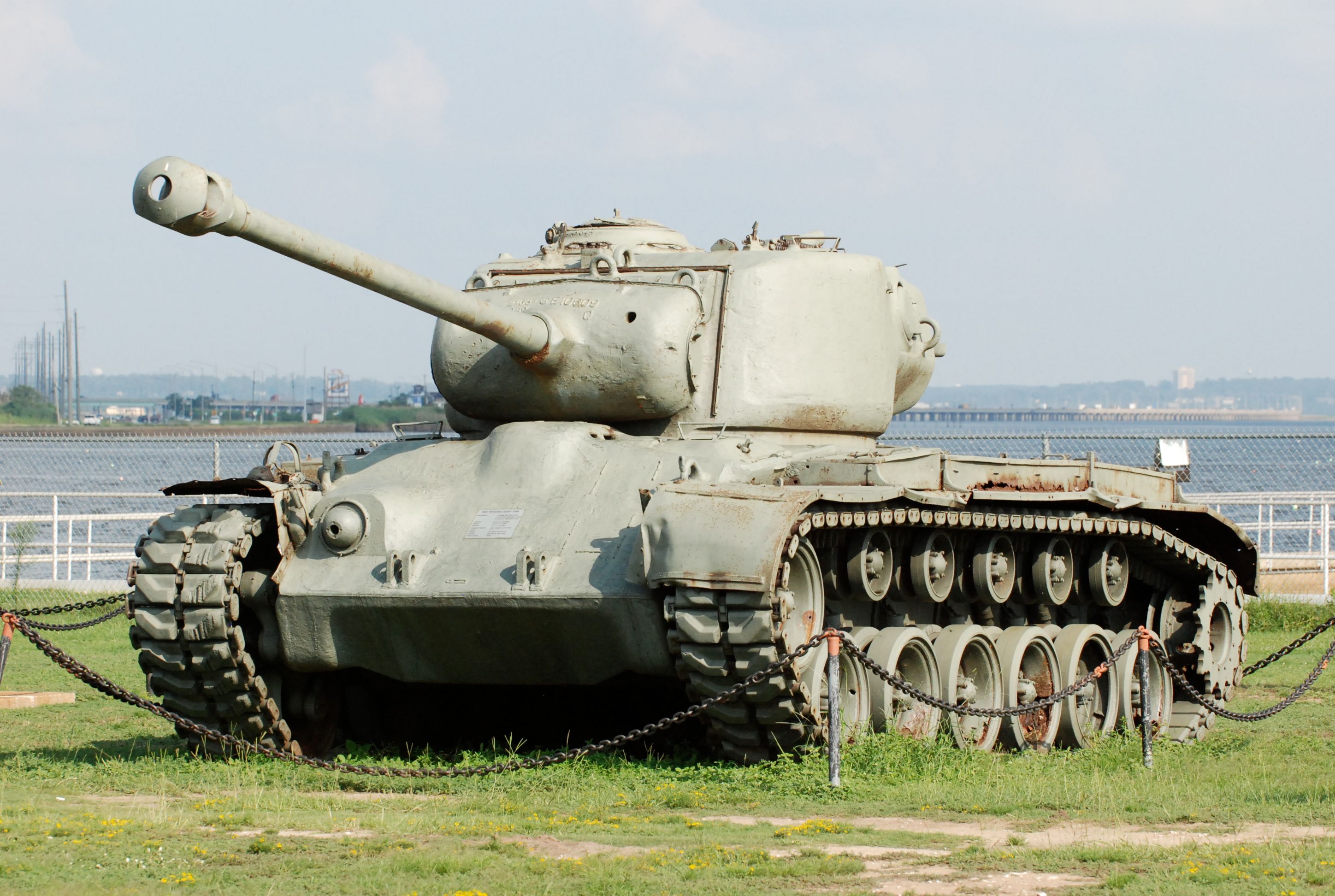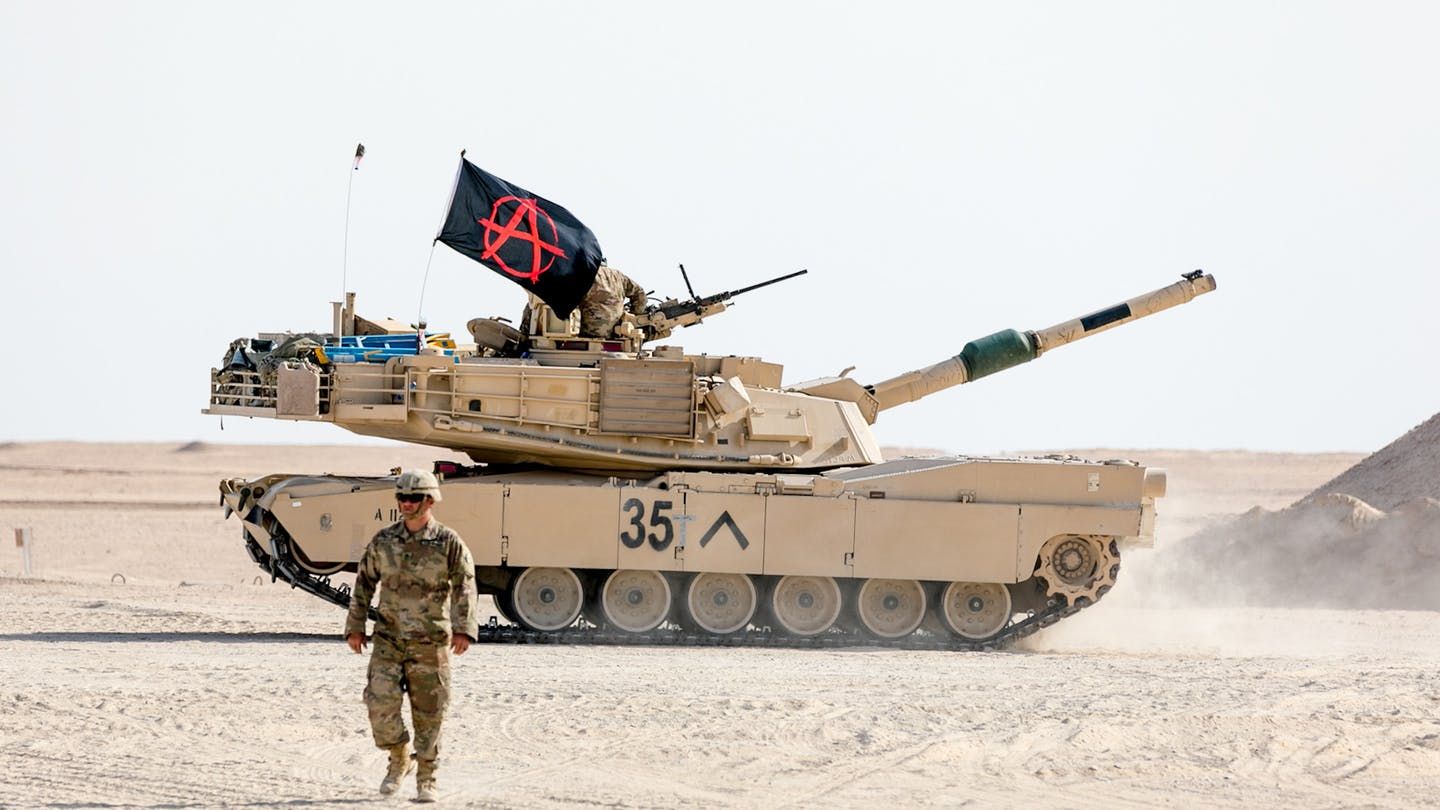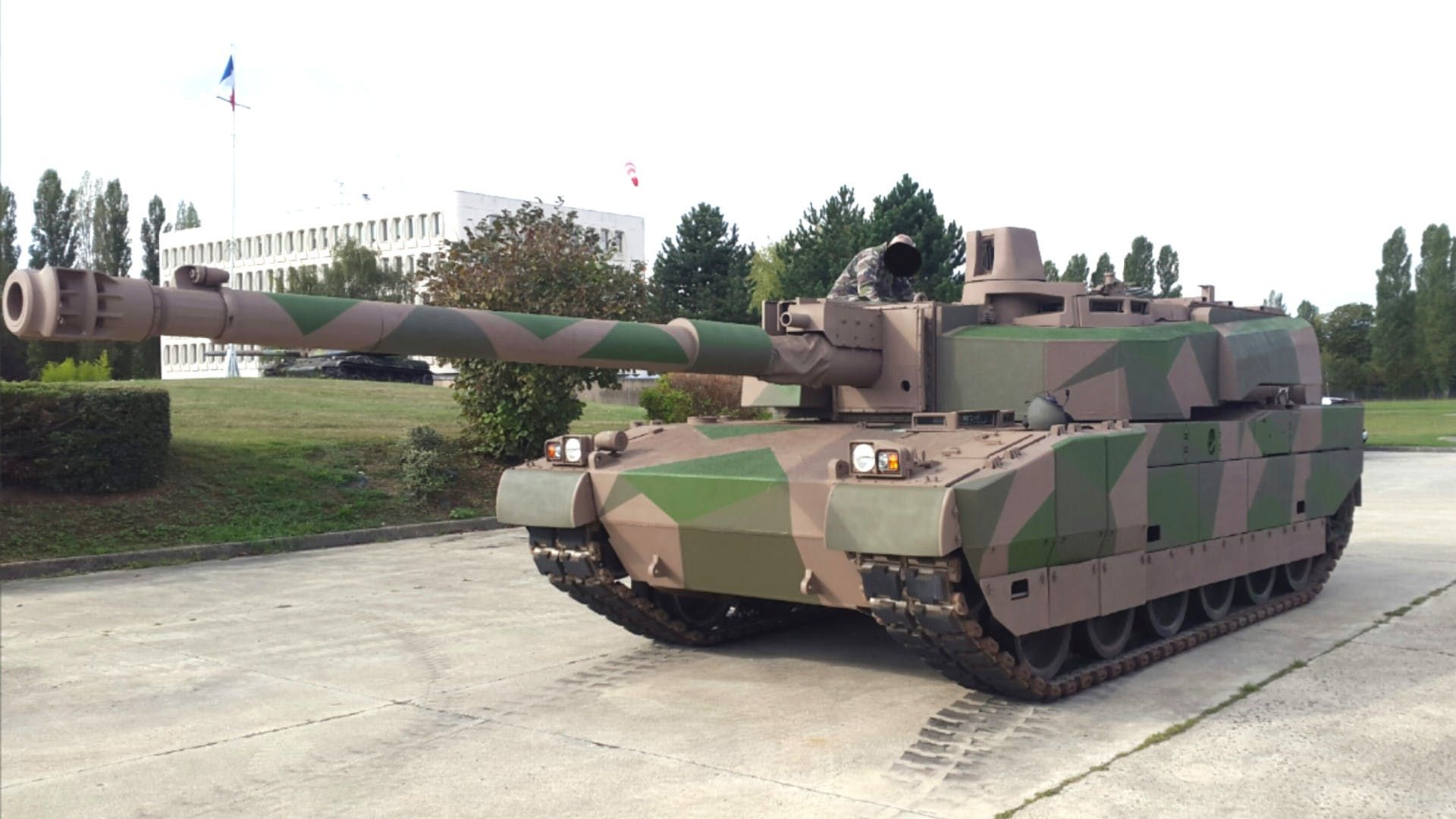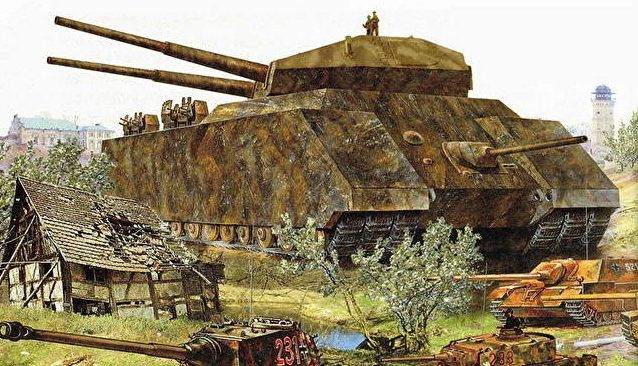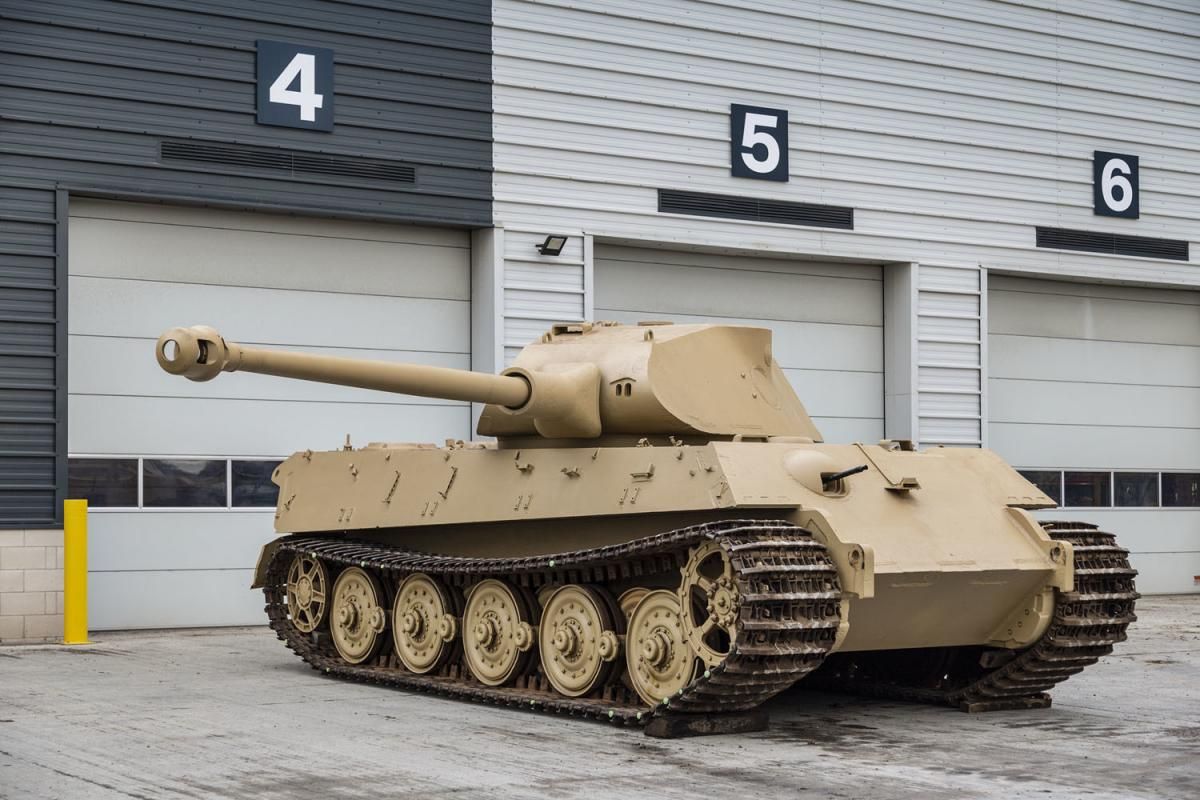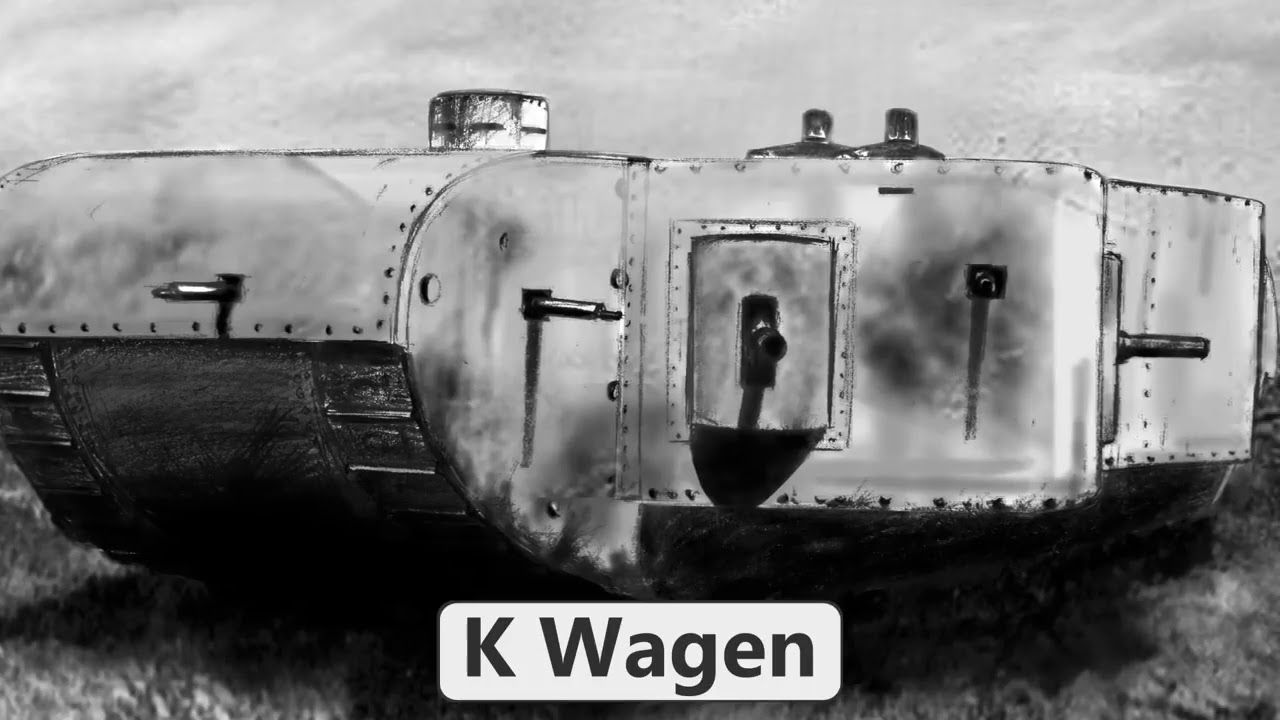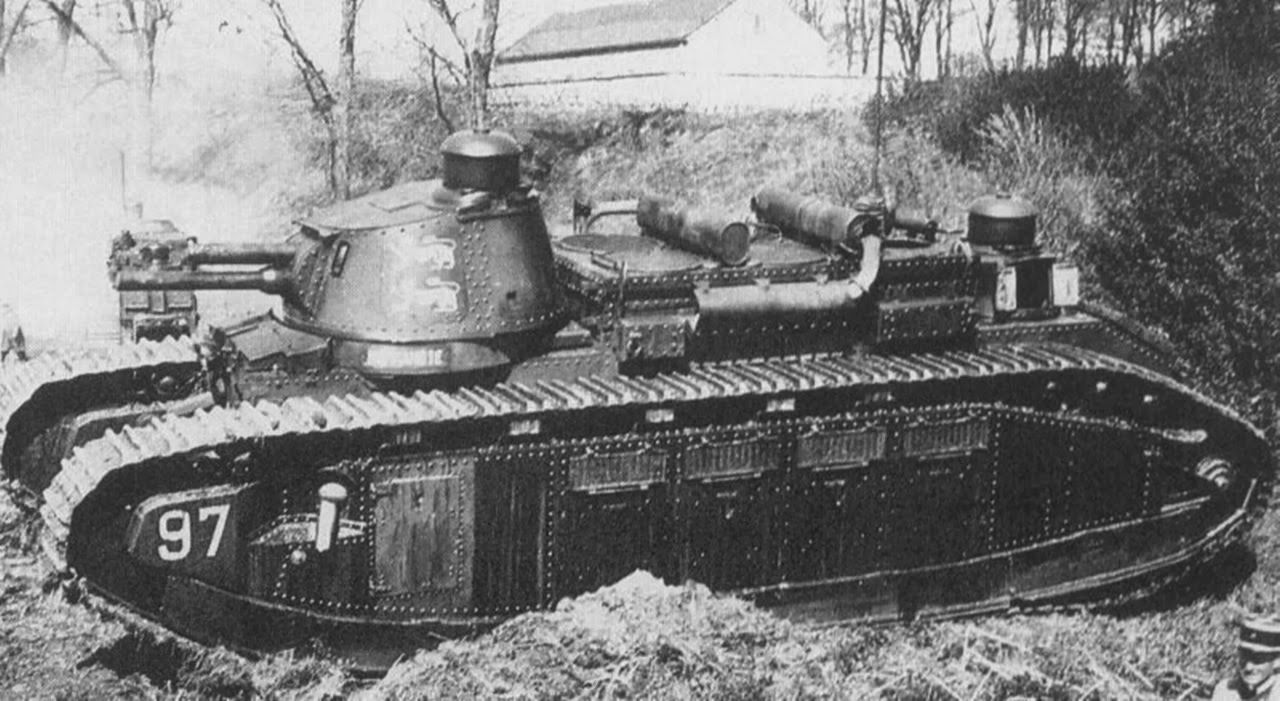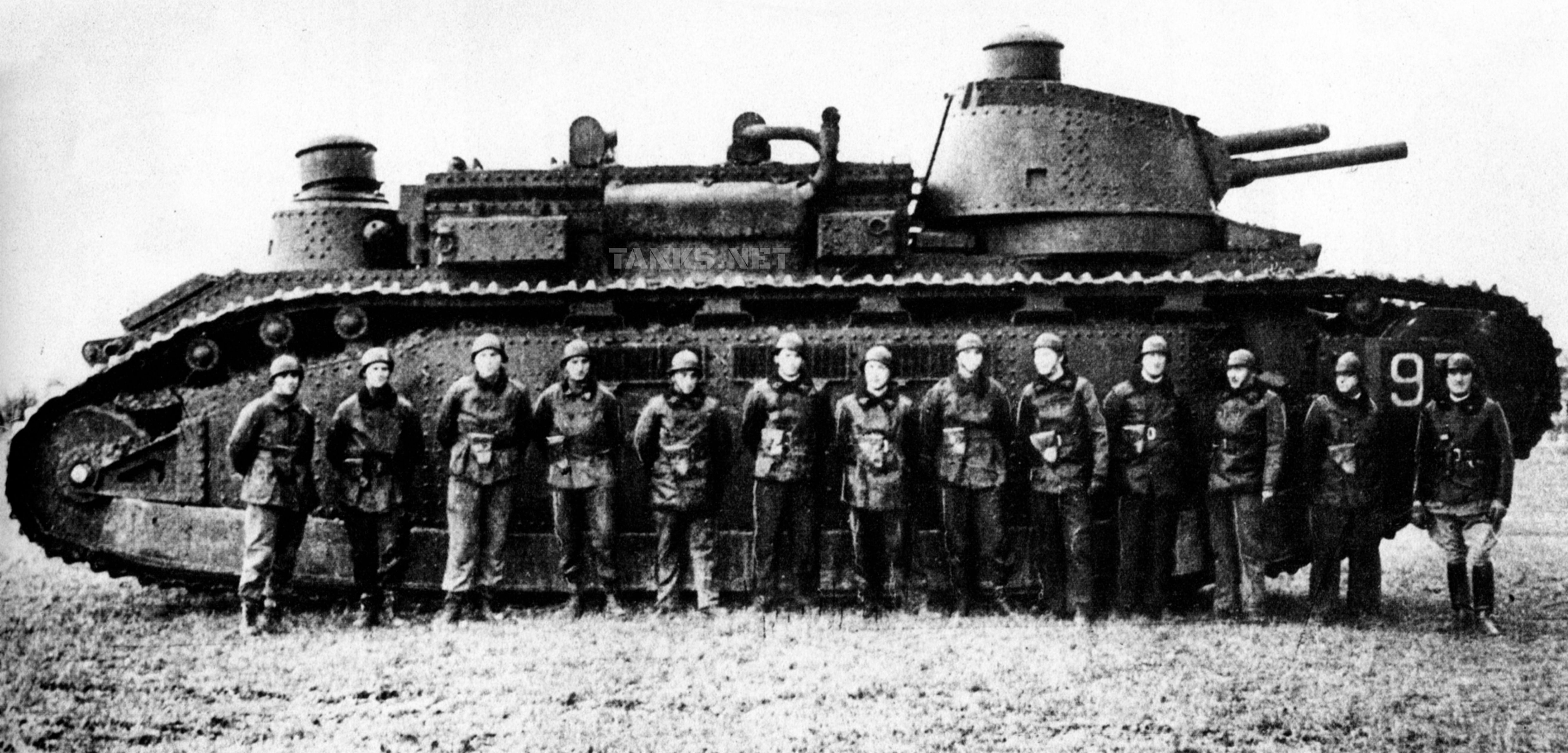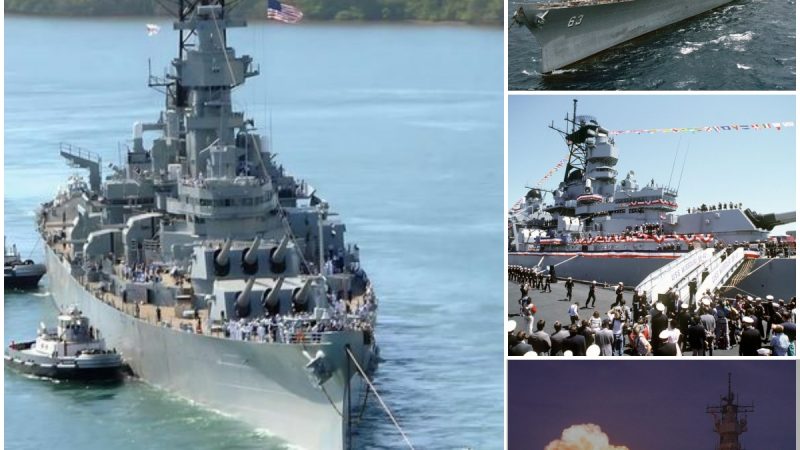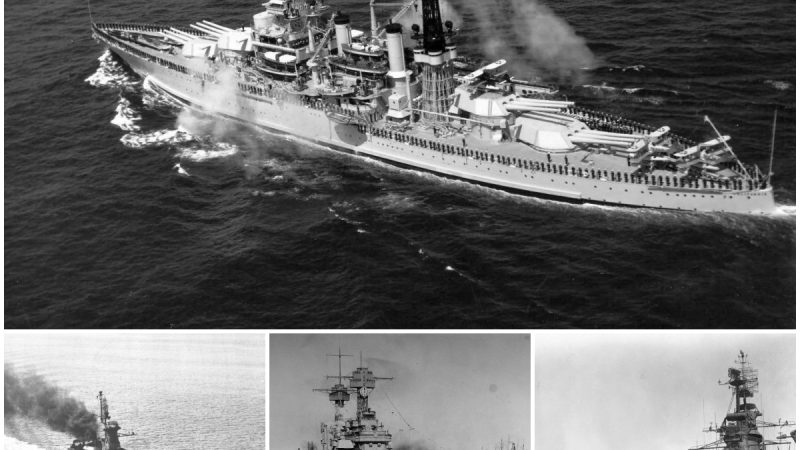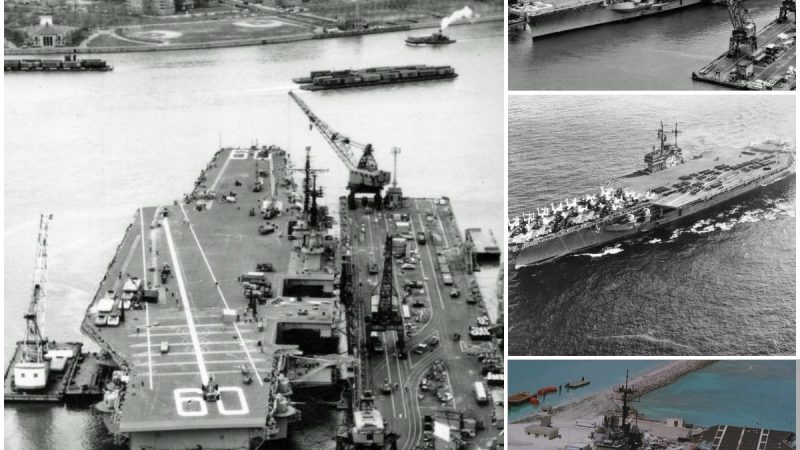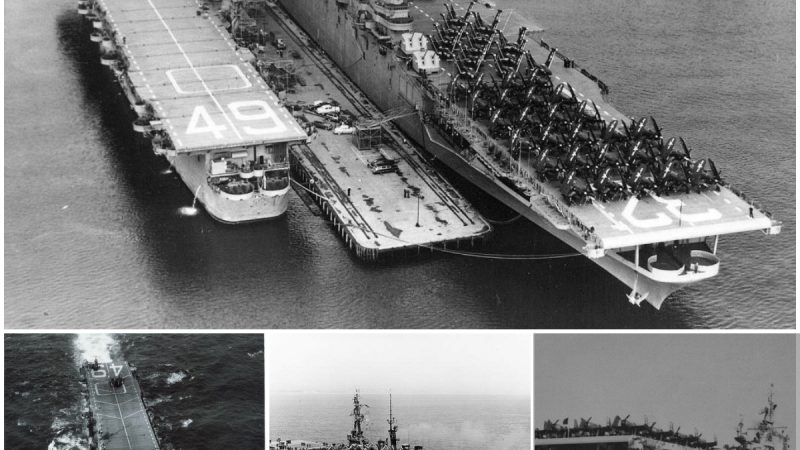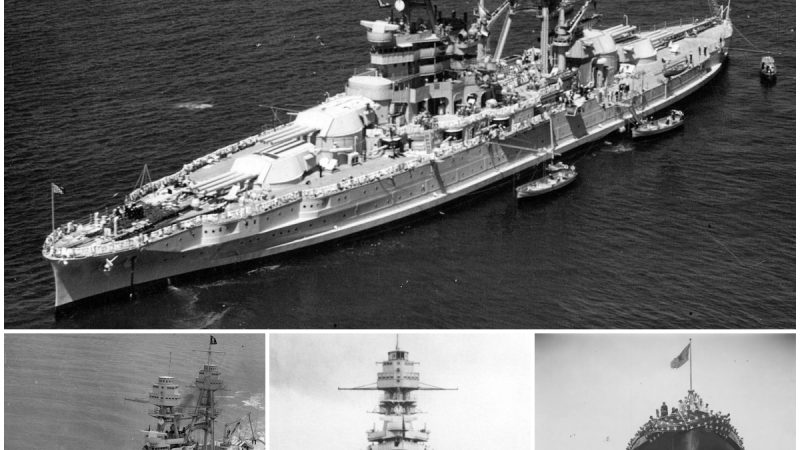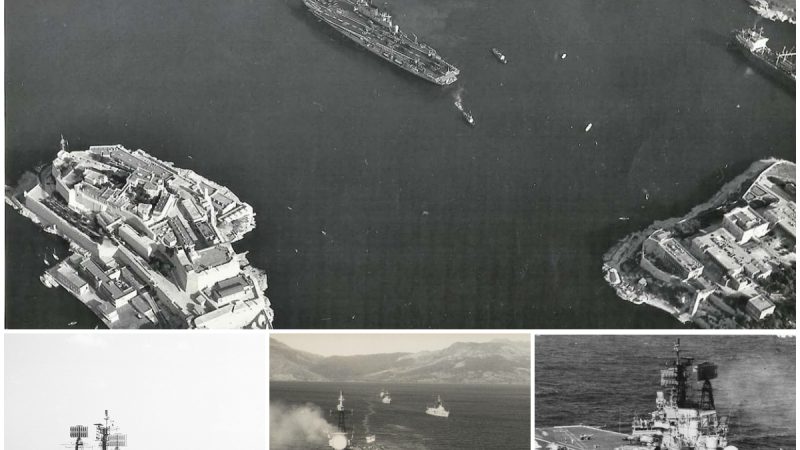These Are the Largest Tanks Ever Constructed
Table Of Contents
Military vehicles have long been admired for their robust characteristics, encompassing qualities such as size, firepower, and resilience. Amidst the array of machines celebrated for their impressive stature, a select few stand out as ultimate dominators. These exceptional tanks not only showcase boundless wartime creativity but also retain their relevance in modern combat, despite their initial deployment many years ago.
While not every tank design reaches the production lines in massive quantities, most of these marvels have seen action on the battlefield with varying degrees of triumph. Although sheer size alone doesn’t guarantee victory in combat, there’s a certain advantage in being larger and more formidable than one’s adversaries. These renowned “super-heavy tanks,” originating from different nations, emerged from a collective determination to outmatch their opponents. The outcomes varied, with some proving their mettle while others falling short. Yet, their legacy endures as awe-inspiring instruments of war, even in the present day.
1/15 Tog II
The Tog II emerged as the culmination of British tank design, succeeding its predecessor, the Tog I. The concept behind its creation stemmed from the belief that rugged landscapes and challenging terrains reminiscent of the conditions during World War I would necessitate the development of a more robust machine. Propelled by a diesel V12 engine, the Tog II was an embodiment of power and innovation. However, its journey remained confined to the realm of prototypes, as the course of World War II took an unexpected turn, rendering its deployment unnecessary. Despite this, the Tog II stands as a testament to the dynamic nature of warfare and the ever-evolving realm of military technology.
2/15 Jagdtiger
The Jagdtiger, also known as the “Hunting Tiger,” was a formidable presence in the German arsenal during World War II. Stretching almost eleven meters in length and boasting a staggering weight of 83 tons when fully equipped with ammunition and crew, this behemoth of a tank was a true engineering marvel. The underlying concept driving its design was rooted in the belief that sheer size would translate to superior performance on the battlefield. However, despite these ambitions, the Jagdtiger suffered from a significant drawback—its poor reliability. This unfortunate flaw led to the abandonment of the few tanks that were actually produced, leaving behind a legacy of unrealized potential on the battlefield.
3/15 T30 Heavy tапk
The T30 was an American-manufactured heavy tank that had limited engagement on the battlefield due to its development reaching its conclusion as the end of WWII was approaching. With a weight of 145,000 pounds, the T30 was equipped with an enormous 155 mm main gun, complemented by two machine guns to provide additional support. Despite being a design that never fully came to fruition, the T30 held the potential to be a formidable presence in military maneuvers and wartime scenarios.
4/15 T28 Super tапk
The T28 Super Tank, with a completion rate of 4 out of 15 prototypes, stands as a testament to the ambitious yet unrealized designs in military history. Among these grandiose projects that never saw actual combat, the T28 Super Tank claims the distinction of being the most massive tank ever conceived for the U.S. Military. Conceived during a time when defeating Hitler’s formidable armies demanded innovative solutions, this tank stretched an impressive eleven meters in length and bore a staggering loaded weight of 95 tons. While the T28 Super Tank never fulfilled its intended role on the battlefield, its colossal presence and the ingenuity behind its creation remain noteworthy reminders of the pursuit of technological supremacy during times of global conflict.
5/15 Panzer VIII Maus
The Panzer VIII Maus was a distinctive German tank, known for its colossal size and formidable appearance. Weighing in at a staggering 200 metric tons, this tank exuded an air of intimidation. However, its sheer weight posed significant challenges. The tank’s immense bulk prevented it from achieving a practical cruising speed, and its excessive weight made it unsuitable for crossing most bridges. Regrettably, only two prototypes of the Maus were ever constructed, and their potential remained largely untapped as Germany fell to the advancing forces.
6/15 Landkreuzer P. 1500 “Monster”
The Landkreuzer P. 1500 “Monster” was a concept that never materialized beyond paper, yet its potential as a formidable asset of immense destructive power cannot be underestimated. Conceived by the German forces, this gargantuan war machine was designed to house an 800 mm rail gun, rendering it a truly monstrous creation in terms of firepower. The capabilities of the “Monster” were staggering, as its weaponry held the capacity to obliterate virtually any enemy stronghold or defensive position it encountered. Despite its existence solely within the realm of ideas, the Landkreuzer P. 1500 “Monster” remains a testament to the audacious and awe-inspiring innovations that can emerge from the crucible of wartime imagination.
7/15 “Megatron” Challenger 2
The British-made Challenger 2, nicknamed “Megatron,” stands out as a highly effective tank renowned for its impressive resilience against enemy fire, attributed to its sturdy Chobham armor system. While the Challenger 2 has seen active duty in the Balkans and during Operation Iraqi Freedom, it doesn’t boast high speeds, with a maximum velocity of 37 mph. Despite lacking in speed, its robust build and defensive capabilities have solidified its reputation as a formidable force on the battlefield.
8/15 M26 Pershing
The M26 Pershing, born out of necessity after the M4 Sherman found itself outmatched during WWII, represented a significant advancement in U.S. military tank design. Unfortunately, its arrival came too late to exert a substantial impact on the outcome of the war. Weighing in at 46 tons, this formidable machine did find its moment in the Korean War, where it participated in combat missions. Its performance on the battlefield was noteworthy, especially in its ability to engage and destroy enemy tanks with impressive efficiency and effectiveness. While its influence on WWII was limited, the M26 Pershing solidified its reputation as a capable and powerful tank through its achievements in later conflicts.
9/15 M1 Abrams
The M1 Abrams stands as one of the most iconic tank models in the U.S. military arsenal, maintaining its active service status up to the present day. With a substantial weight of 68 tons, it retains its position as one of the heaviest operational tanks. Despite its considerable age, the M1 Abrams continues to exhibit remarkable effectiveness on the battlefield, underscoring why it has yet to be succeeded by newer designs. Its enduring capabilities and performance remain key factors in its ongoing deployment.
10/15 Leclerc Main Battle Tank
The Leclerc Main Battle Tank stands as an emblematic symbol of French armored prowess, boasting a substantial weight of 60 tons while retaining an astonishing level of agility and maneuverability. Renowned for its exceptional performance, the Leclerc defies its mass with unparalleled mobility on the battlefield. Notably, its distinctive armor system sets it apart, offering innovative protection mechanisms against a diverse range of artillery threats. Despite its remarkable attributes, the Leclerc remains a relatively rare sight beyond the borders of France, except for the limited presence of around 400 units deployed by the UAE. This scarcity only adds to its mystique, reinforcing its status as a specialized and sought-after asset in the realm of modern armored warfare.
11/15 Landkreuzer P1000
In the realm of unfulfilled German design endeavors, the Landkreuzer P1000 emerges as a prominent example. Weighing a staggering 1,000 tons, this colossal behemoth was conceived with a striking array of anti-aircraft guns and an armor plating nearly 10 inches in thickness. Mirroring the fate of its counterpart, the P1500 Monster, the Landkreuzer P1000 encountered insurmountable challenges due to its sheer mass and monumental dimensions, ultimately sealing the fate of the project before it even commenced mass production.
12/15 King Tiger
The King Tiger, a formidable creation born from Germany’s fascination with massive tanks and ammunition, stood out as a testament to practicality on the battlefield. Weighing an astonishing 75 tons, this tank boasted a design grounded in reality. Its sloped armor added to its defensive prowess, while the inclusion of a highly effective 88 mm cannon ensured its dominance in combat situations. Remarkably, the King Tiger managed to achieve a level of agility that was quite impressive for a vehicle of its size and purpose. In an era of experimentation with ever-larger tanks, the King Tiger emerged as a truly capable war machine, marrying power and functionality in a way that made it a force to be reckoned with.
13/15 K Wagen
The K Wagen was a distinctive German prototype that highlighted an unprecedented focus on sheer mass, a concept that set it apart. Its conception occurred during the era of World War I. The K Wagen represented a super-heavy tank innovation, emerging from the exigencies of that conflict. However, as subsequent tank models encountered, this colossal machine confronted similar challenges: transportation hurdles, unwieldy maneuverability, and a lamentable lack of speed that proved detrimental to its performance.
14/15 FCM F1
The French FCM F1 represented a pioneering foray into the realm of super-heavy tanks. While it shared certain drawbacks in terms of maneuverability with other tanks in its class, its exceptional firepower and robust armor more than compensated for its lack of agility. Boasting an impressive 100 mm armor protection, the FCM F1 was a formidable presence on the battlefield. This behemoth of a tank was armed with a diverse array of weapons, including a potent 47 mm anti-tank gun, further enhancing its combat capabilities. Despite its inherent limitations, the FCM F1 stood as a testament to innovative engineering and the pursuit of creating a heavily armored and heavily armed juggernaut.
15/15 Char 2C
The Char 2C bestowed upon France one of the few operational super heavy tanks globally, successfully transcending the realm of mere concept and gracing the battlefield. Equipped with a formidable German-built V12 engine, this behemoth weighed a staggering 69 tons when fully laden. Despite its formidable presence, akin to many of its counterparts, the tank suffered from its sheer size, impeding swift maneuvers and rendering it a vulnerable target for opposing forces.
Hits: 68

